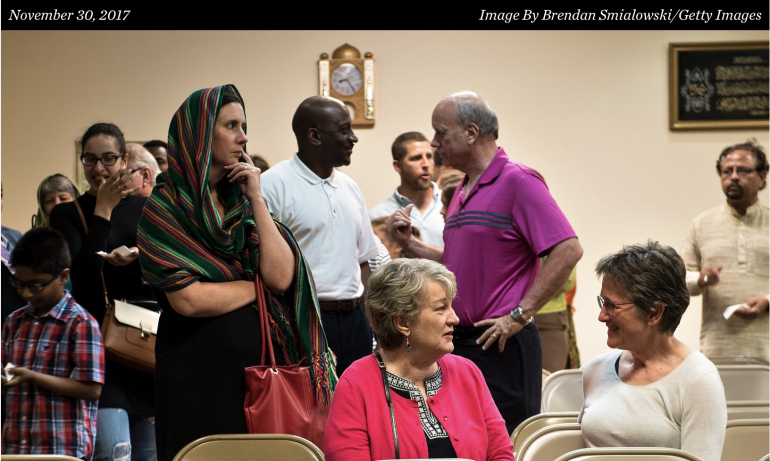Do you enjoy listening to podcasts? Often I find myself getting lost in them as I listen to lives being discussed that are so different from my own.
This was the case as I listened to journalist Anand Giridharadas and Whitney Kimball Coe of the Rural Assembly share their thoughts on the importance of community in their very different settings. This On Being podcast The Call to Community in a Changed World explains how “No challenge before us is more important — and more potentially life-giving — than that we come to see and know our fellow citizens, our neighbors, who have become strangers.” We hear about how Anand Giridharadas answers the question “Where are you from?” and how Whitney Kimball challenges the stereotypes of life in rural communities.
So much of what is at the heart of this podcast is the focus on cultural competence that is discussed on Chapter 4 of Onward: “Cultural competence is the ability to understand, appreciate, and interact with people from cultures or belief systems different from one’s own; it is the ability to navigate cross-cultural differences on order to do something – be that teach students, collaborate with colleagues, or socialize with friends. These differences can be generational, racial, gendered, and so on. To build strong communities that can support you to be resilient, you’ll need to develop your own cultural competence.”
“In order to be culturally competent, you must be able to do the following:
- Be aware of your own cultural identity, beliefs about difference, and unconscious biases.
- Have knowledge about the general role that cultural plays (in communication, emotions, enforcing norms, and relationships) as well as knowledge about specific other cultures.
- Effectively navigate difference. Self-awareness and knowledge don’t automatically translate into the ability to act.”
For those of you in coaching roles, if you aren’t using the Mind the Gap tool, you may just want to start!

Elena has added a cultural competency gap that will help as you work with clients who talk about how “those students” have no support at home and just don’t care about their education. Sound familiar? Read more about Mind the Gap and cultural competence in this blog and in Chapter 4 of Onward.

